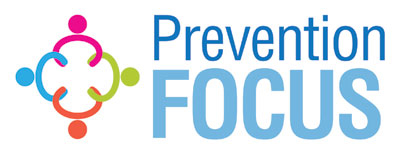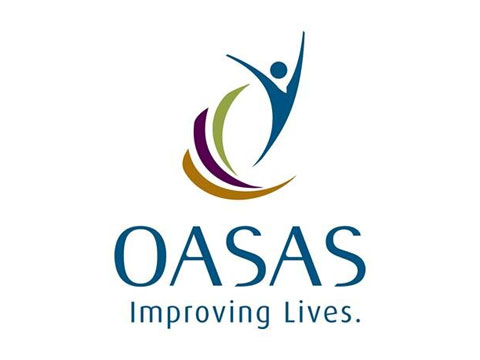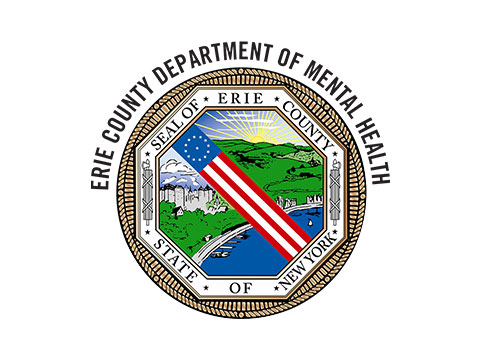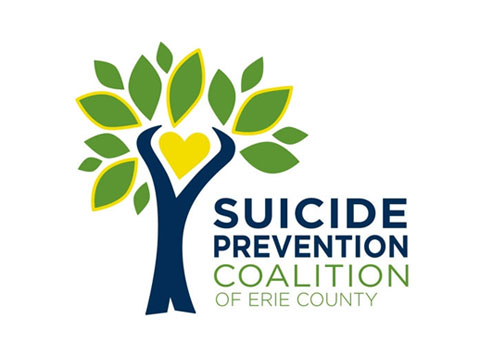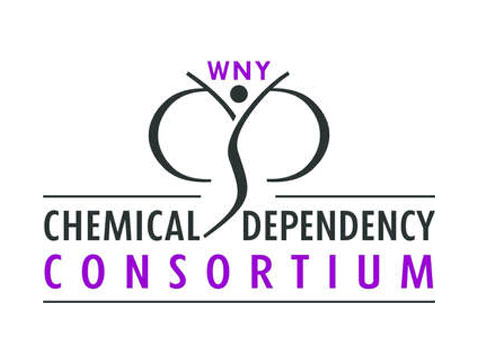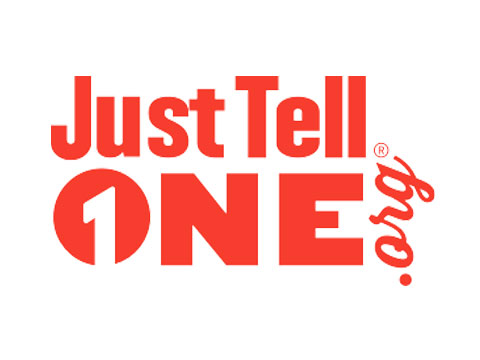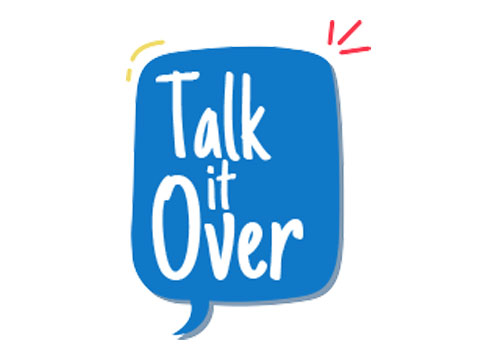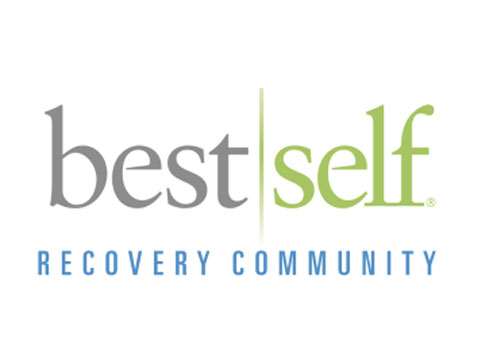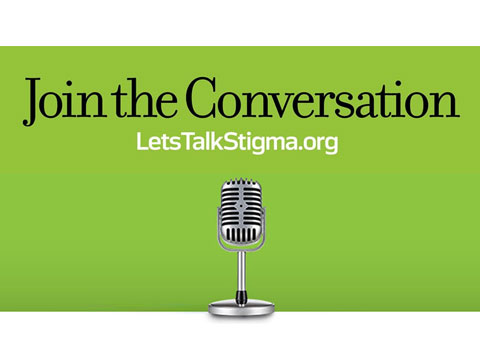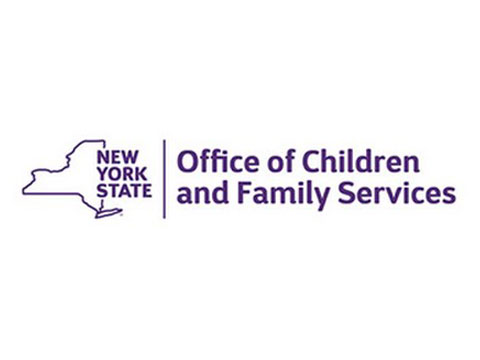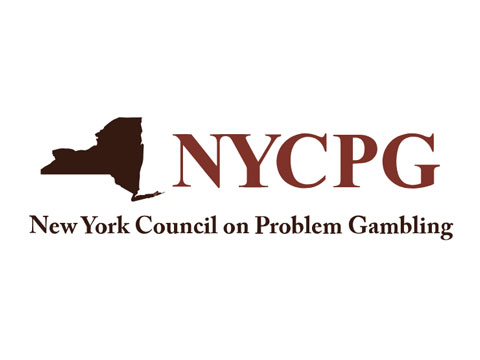Programs That Make
A Difference
Our Goal
Students will benefit tremendously from the positive messages of our age-specific programs.
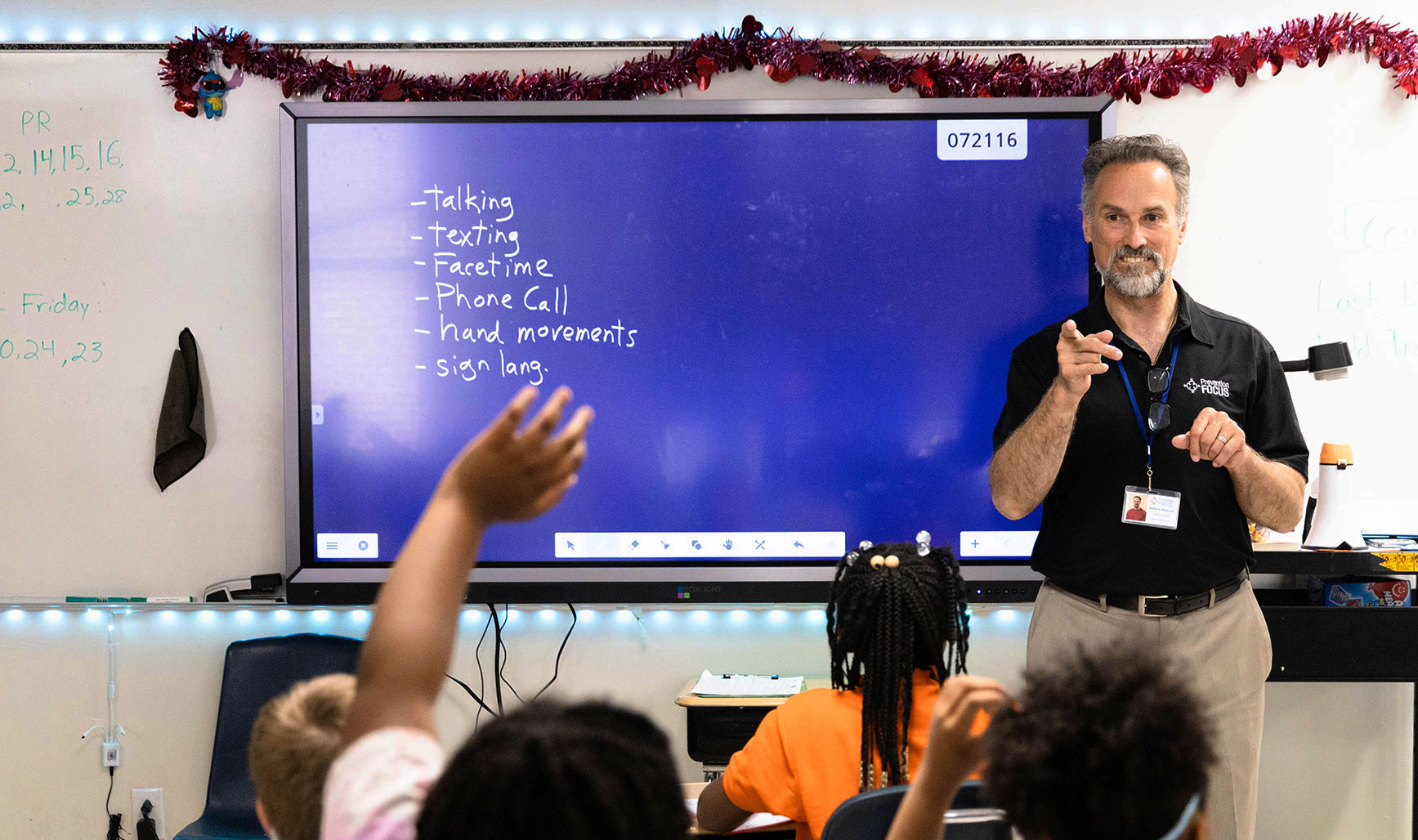
Model Programs
Workshops & Presentations
Supper Club Program
“From Kindergarten to Adulthood, we’re giving people the skills and info they need to make safe & healthier choices with the goal of preventing harmful decisions.”
Applauding Our Programs
“The Preventionfocus program is comprehensive and age appropriate. The instructors and program leaders are experts in interacting with the target age groups and it shows. Our students have benefited tremendously from the positive messages of the programs. They are a huge asset for us!”
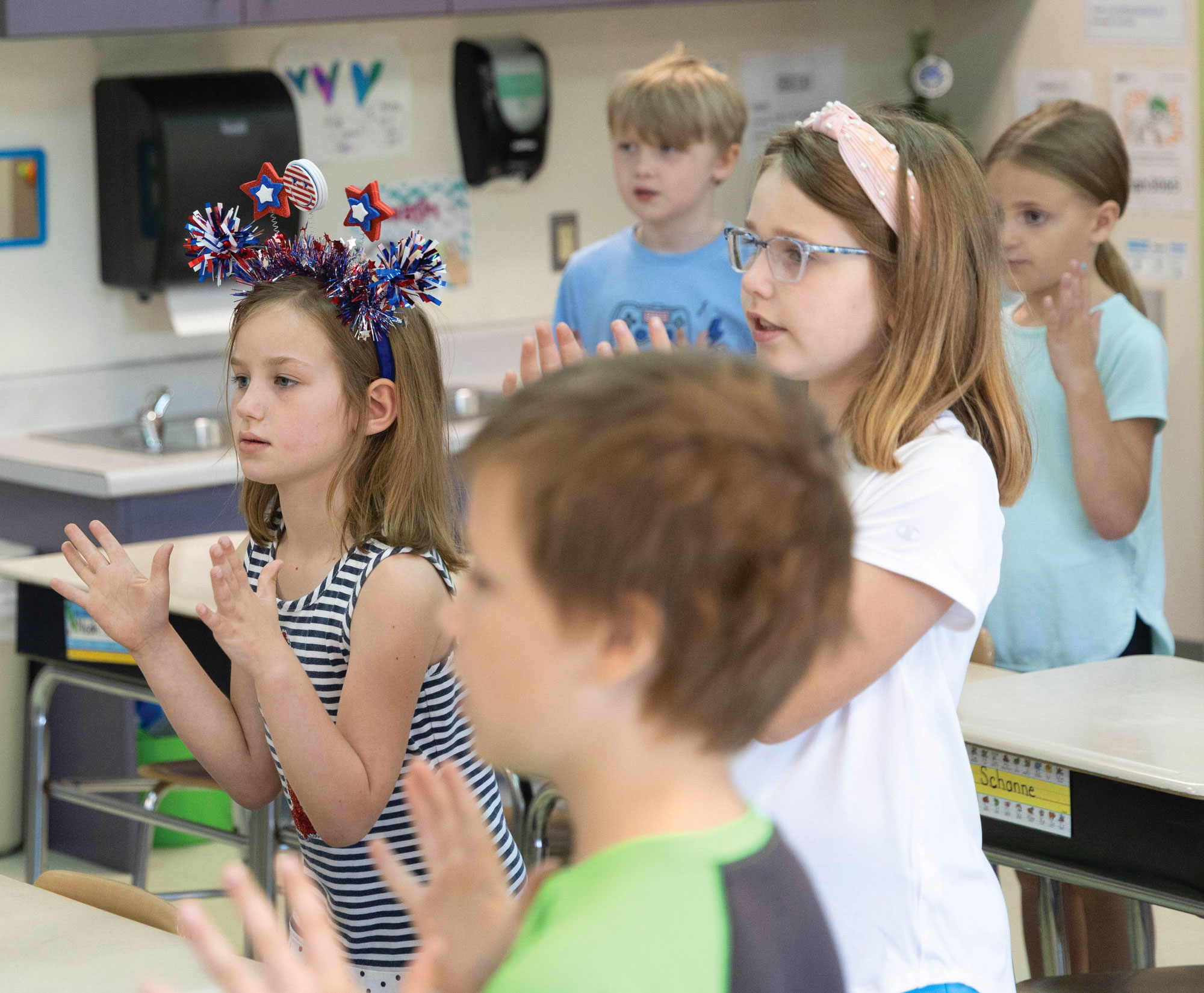
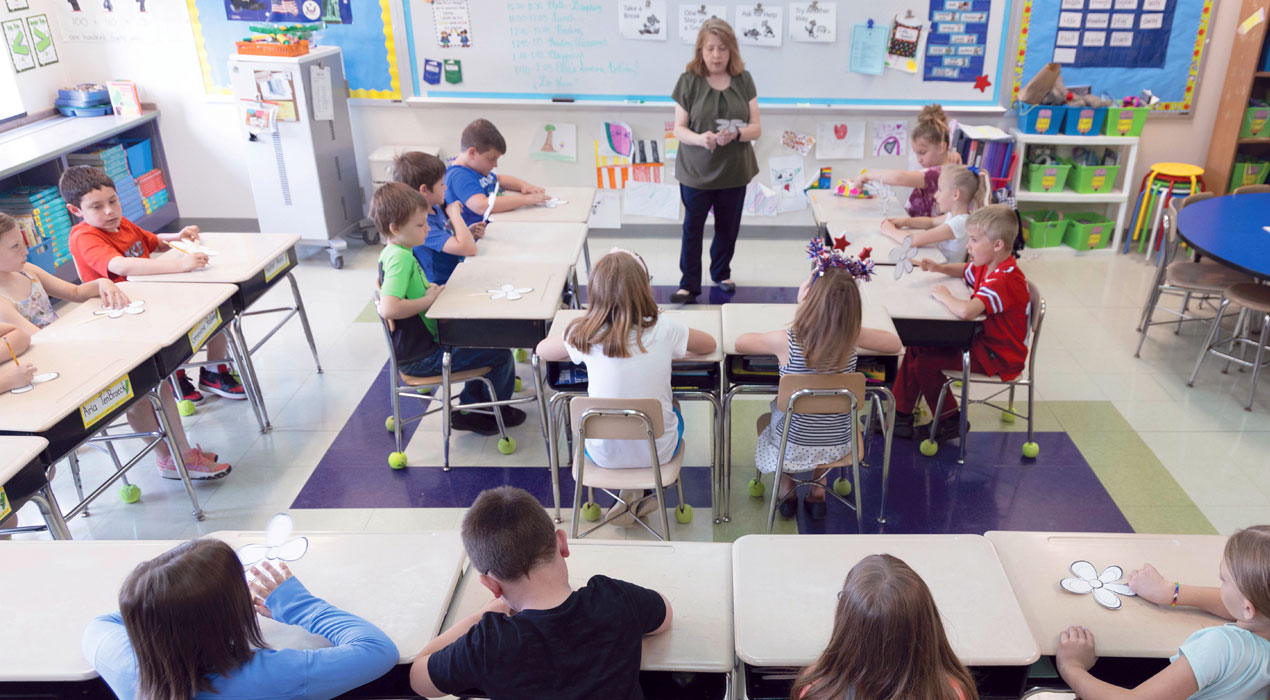
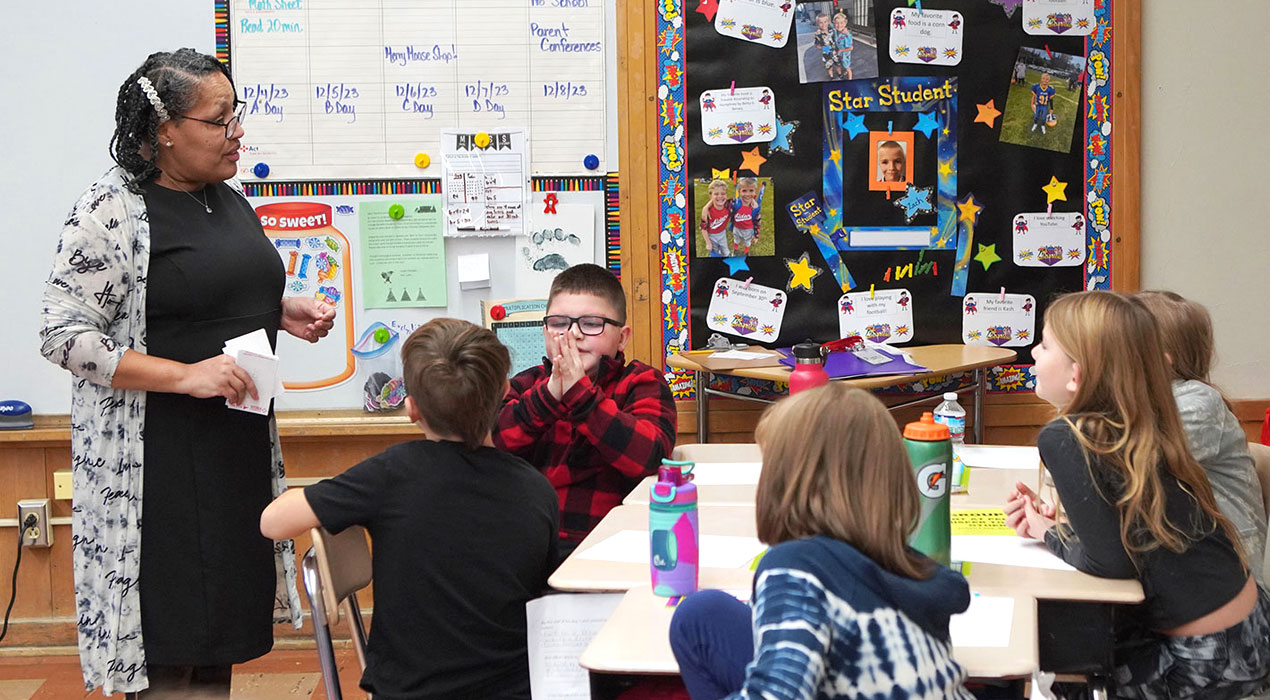
Model Programs That Make a Difference
Team Awareness: Resilience and Thriving
Team Awareness is highly interactive and uses group discussion, communication exercises, games, and self-assessments. The Resilience and Thriving module covers six domains in which stress can be identified and then better managed. Team Awareness is the first program to be recognized as a workplace-based Model Prevention program by the Substance Abuse and Mental Health Services Administration (SAMHSA).
SPORT Prevention Plus Wellness
Adolescents participating in SPORT complete a short, self-administered health behavior screen measuring physical activity and sport behaviors and norms, healthy nutrition, sleep, and alcohol use. Participants receive a booklet and a consultation that follows a written script and complete a simple fitness prescription goal plan intended to encourage positive behavior and image change. The program can be facilitated one-on-one, in small groups, or for full classrooms.
Too Good For Drugs
Too Good for Drugs teaches five essential social and emotional learning skills, which research has linked with healthy development and academic success:
- Goal Setting
- Decision Making
- Bonding with pro-social others
- Identifying and managing emotions
- Communicating effectively
Too Good for Drugs in Middle School empowers teens to meet the challenges of middle school life, fostering confidence and building resistance to substance abuse. In Middle School, the students set and reach more complex goals and, in the process, develop and practice strong decision-making skills and effective-communication skills.
Students also learn to identify and manage their emotions and the emotions of others so they can better relate to others and associate with positive peer groups. Too Good for Drugs Middle School addresses environmental and developmental risk factors related to alcohol, tobacco and other drugs, through the development of knowledge, skills and attitudes teens need to make healthy decisions and avoid drug use. Drug topics are discussed in the context of expectations, peer pressure and influence, and the role of the media. In particular, more complex social challenges and influences that present a greater risk for escapism and risky behavior are explored and met with strategies for managing those situations in a positive and healthy way. Interactive games and activities create an experiential learning environment so students can learn and apply the skills in the classroom setting.
Additional skills and developmental topics build on the core social skill set to broaden the student’s sense of self-efficacy and confidence and are tailored to the intellectual, cognitive, and social development of the student.
- Media Literacy and Media Influence
- Resisting Peer Pressure
- Understanding Peer Influence
- Understanding Addiction
- Complex Social and Dating Relationships
- Exploring Risk Taking and Differentiating Healthy and Unhealthy Risks
Substance use and its effect on the body are also introduced when it is developmentally appropriate to do so. More complex discussions are introduced at the Middle School level and progress in depth as the students mature.
- Safe Use of Prescription and OTC drugs – Grades 7 and 8
- Effects of Tobacco Use – Grades 6-8
- Effects of Alcohol Use – Grades 6-8
- Effects of Marijuana Use – Grade 6-8
- Effects of Street Drugs including Opioids and Stimulants – Grades 6-8
Too Good For Violence K-4
Too Good for Violence (TGFV) K–4 is a school- and community-based prevention program that targets all students in kindergarten through fifth grade. TGFV K–4 builds skills sequentially, providing developmentally appropriate curricula at each grade level. TGFV is designed to build self-efficacy, social competency, and problem-solving skills that lead to helping students 1) handle their emotions; 2) deal with disagreements, conflicts, and bullying; and 3) reduce risk-taking behaviors such as the use of verbal and physical aggression.
At each grade level, TGFV delivers lessons relating to goal setting; decision making; identifying and managing emotions; communicating effectively; bonding with prosocial others; respecting oneself and others; normative behaviors; strategies for dealing with peer pressure, conflict resolution, anger management, and bullying prevention; and learning about the harmful consequences of aggressive and violent behaviors.
Students at each grade level receive seven to ten, 30-minute to 45-minute lessons covering these topics. Each lesson uses interactive teaching methods that encourage students to bond with prosocial peers and engage them through role play, cooperative learning, games, small group activities, and class discussions. Students receive many opportunities to participate and receive reinforcement for their involvement.
In addition, students’ families are encouraged to participate in a family component. Each lesson includes a Home Workout activity set for parents/caregivers to complete with their child. These activities introduce the concepts taught in the curriculum and provide additional practice activities and guidance for parents/caregivers to model and reinforce the skill development and learning. Preventionfocus provides Too Good for Violence in grades K-3.
